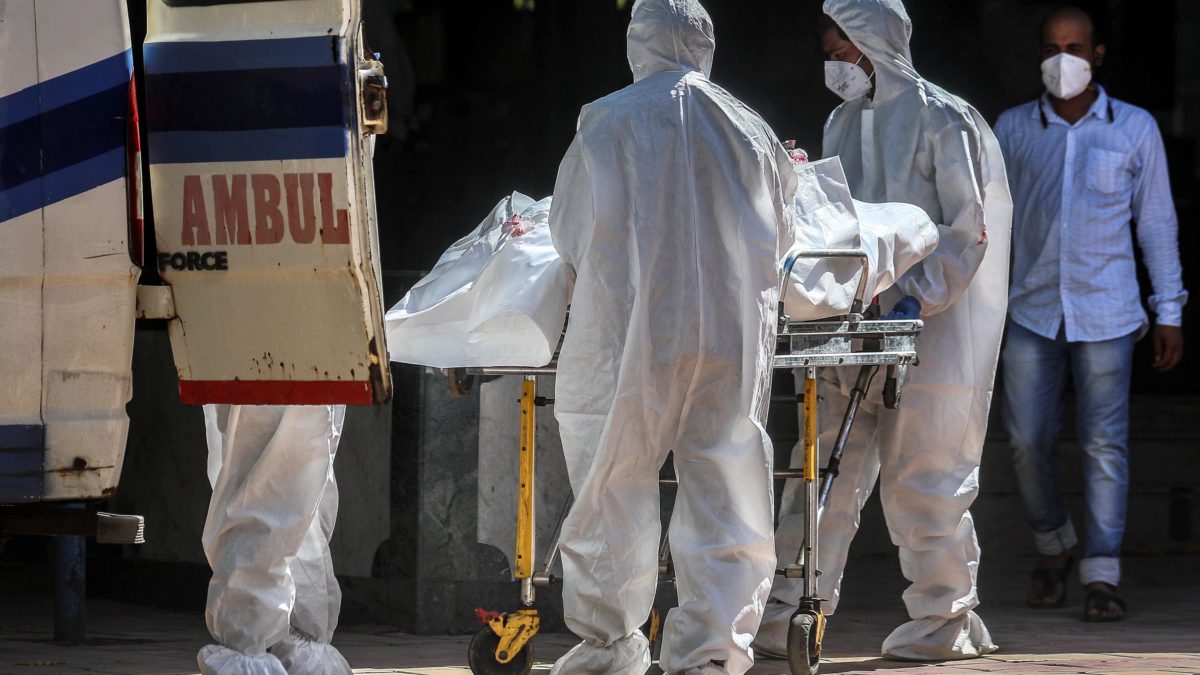India’s richest city is buckling under the weight of the coronavirus crisis.
Mumbai is considered the country’s financial and entertainment capital, home to international businesses and the glamorous world of Bollywood. But it’s also a transport hub with a dense population and dramatic wealth inequality — conditions that experts say allowed Covid-19 to spread out of control.
The city alone has reported more than 50,000 cases — nearly a fifth of India’s total, and more than the Chinese city of Wuhan, ground zero for the pandemic. Maharashtra state, home to Mumbai, has confirmed more cases than the whole of China.
India has recorded more than 286,000 coronavirus cases, including at least 8,100 deaths, according to the country’s Ministry of Health and Family Welfare.
Despite its prosperity, Mumbai’s wealth is largely held by a small, elite group, who can afford care at expensive private hospitals. Most residents are left with public hospitals, which were quickly overwhelmed in April and May as the virus took hold.
At the public Nair Hospital, doctors have collapsed from exhaustion and dehydration, said one resident doctor there who requested anonymity.
“We expected that if infection took root, the health system would be overwhelmed,” said Rajeev Sadanandan, Kerala’s former health secretary and the chief executive of non-profit Health Systems Transformation Platform. “With the kind of population Mumbai has, there is no way that the infrastructure would have been enough.”
Business travelers and tourists flow in and out of Mumbai, with many coming from places like Thailand or Malaysia that were hit by the virus before India.
“With lots of people carrying the virus coming here, the virus took root in the community,” Sadanandan said. “Mumbai is the busiest place in India.”


